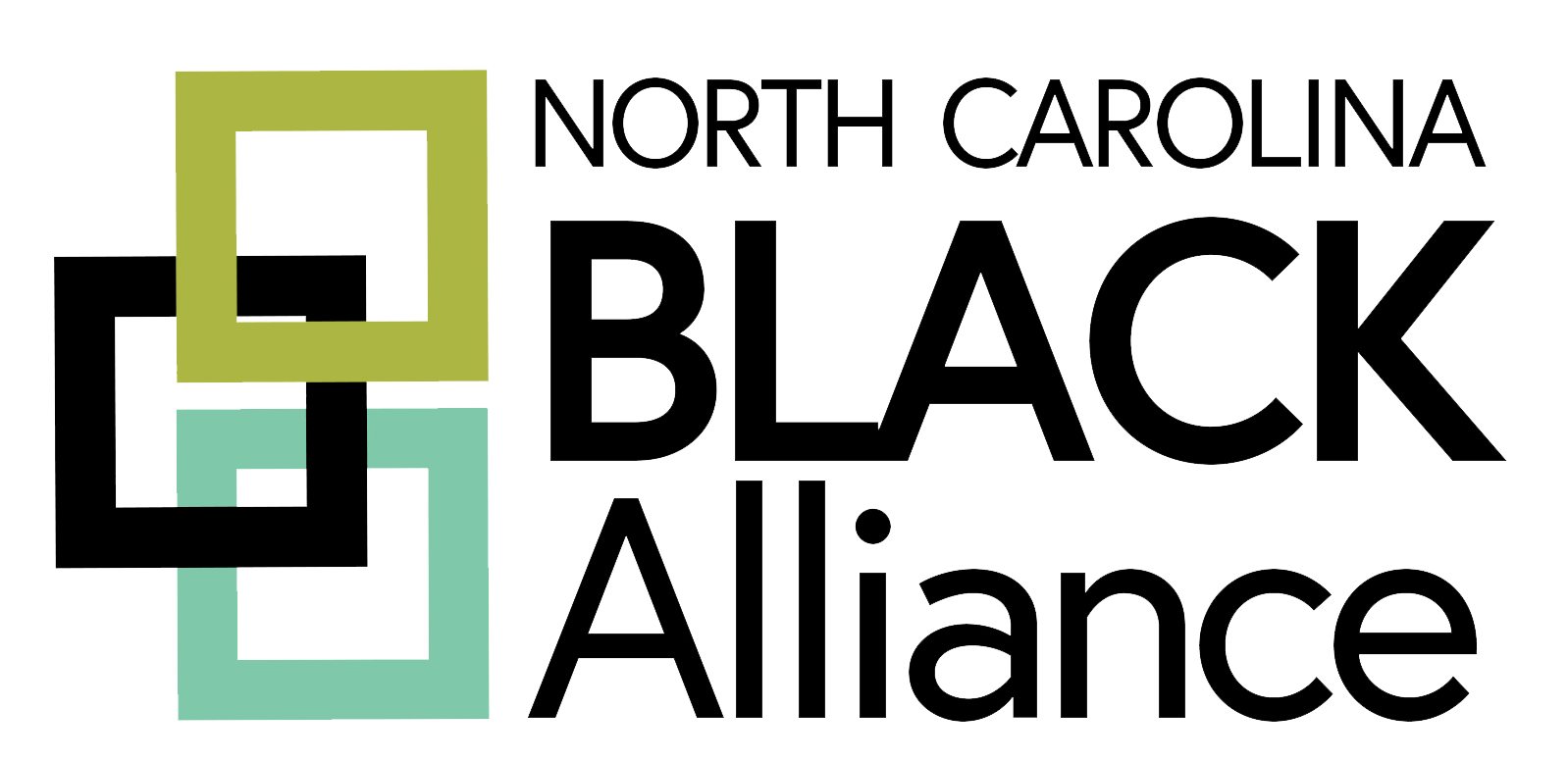Supporting Parents in the Triangle through Perinatal Health

At the beginning of March, NC Black Alliance’s Access to Healthcare team engaged with providers who offer direct care to mothers in the Triangle. Attendees included doulas, midwives, birth coaches, and lactation counselors. Our team had the opportunity to learn from Monica Richardson, Executive Director of Triangle Area Parenting Support (TAPS), and Natalie Jarrett, Lactation Consultant and owner of Milestones Pediatric and Maternal Nutrition.
They highlighted the importance of peer support and community organizations in connecting parents to resources and support throughout the perinatal period. Perinatal health refers to the health of women and babies before, during, and after birth. For example, TAPS offers a Program for Early Parent Support (PEPS) Play Groups that meet with parents over eight weeks to cover various topics and facilitate playgroups for babies up to 24 months. Their intake process screens for postpartum depression and anxiety. As a result, they saw a 60% reduction in depression in the program’s first year.
The presentation provided context on the state of maternal health nationwide, highlighting how healthcare quality and access disparities disproportionately impact Black women. Not only are Black women 3-4 times more likely to suffer a pregnancy-related death, but for every one (1) death, 65-85 women suffer severe maternal morbidities. Maternal morbidities are health problems that can start during pregnancy, delivery, and after pregnancy ends. Morbidities can include but are not limited to, high blood pressure, hemorrhage, anemia, depression, and anxiety. However, estimates of severe maternal morbidity do not include those morbidities that occur during the prenatal or postpartum period. As a result, research on cases of maternal morbidities is not accurate.
Because disparities regarding Black maternal health have not changed over the last 60 years, quality healthcare will be essential for achieving health equity. Access to quality healthcare is best achieved through collaboration, advocacy, and being informed.
